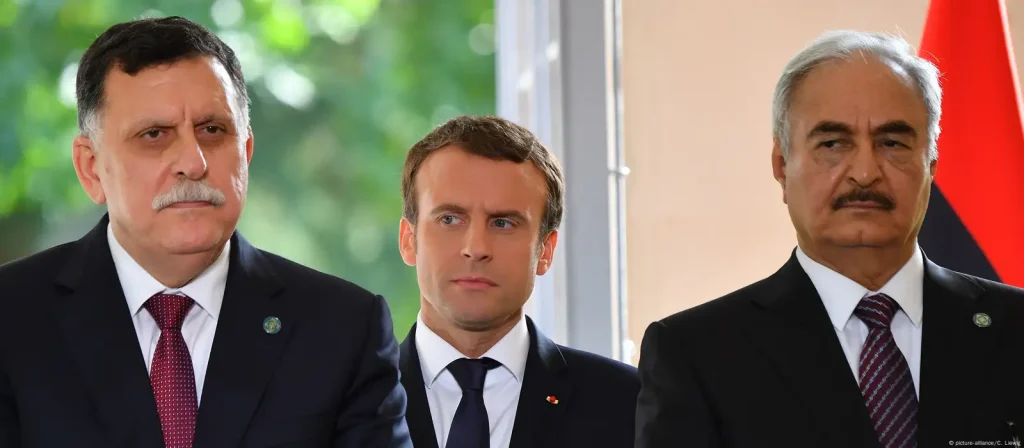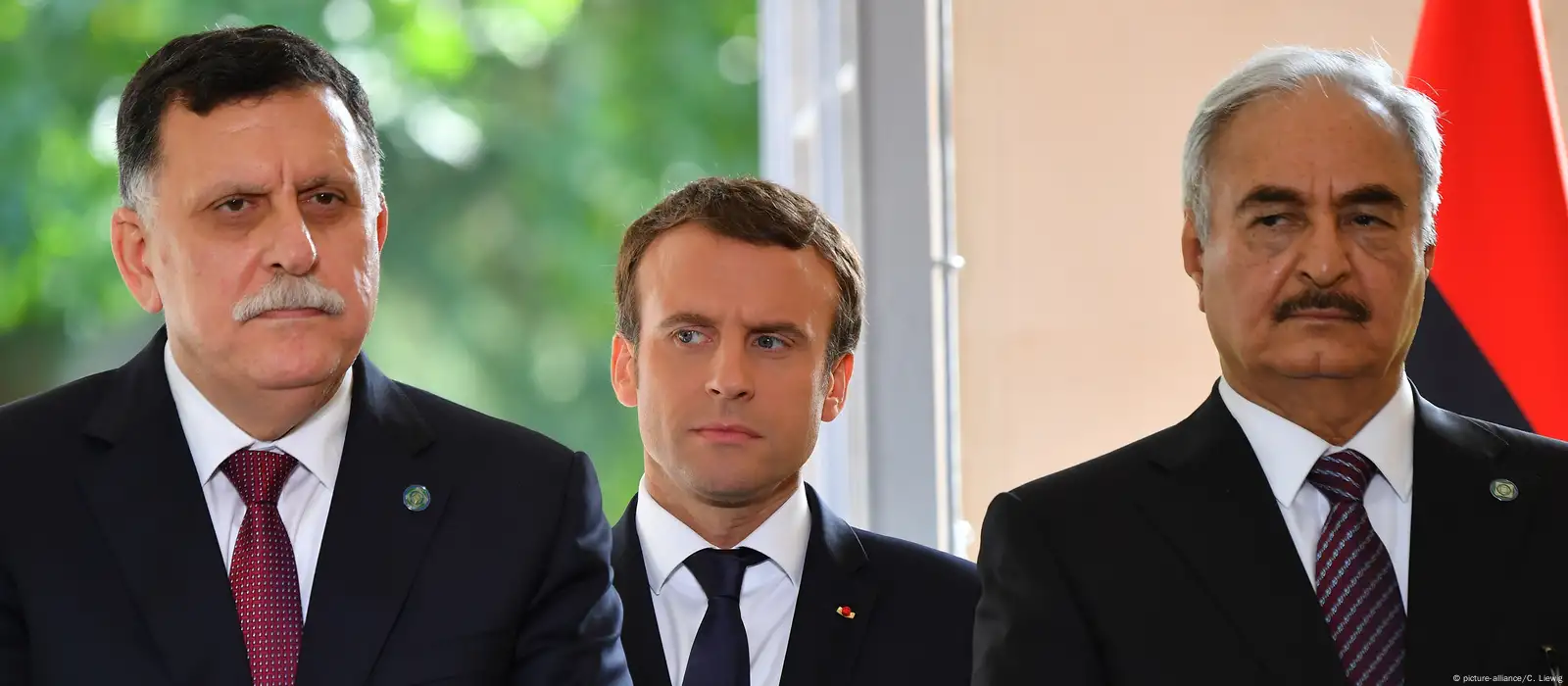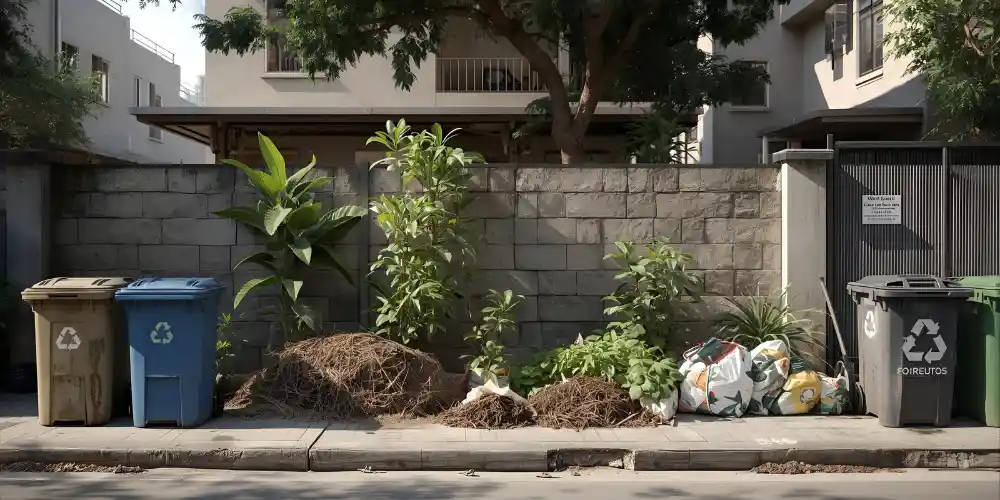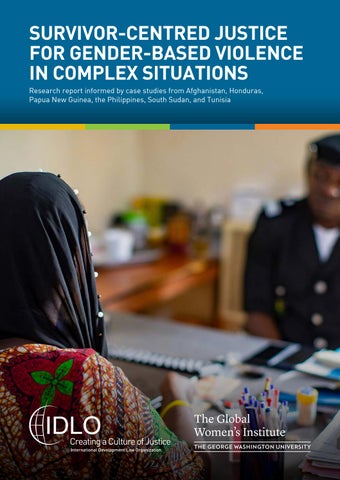

The arrest of a prominent Tebu tribal leader by the Libyan National Army (LNA) under the command of Field Marshal Khalifa Haftar has escalated tensions in the south of the country, threatening renewed conflict in the volatile Fezzan region.
In recent days, Haftar’s forces launched a large-scale military campaign in southern Libya, targeting areas traditionally dominated by the Tebu tribe. The operation resulted in the arrest of a key Tebu figure—whose identity has not yet been officially disclosed—prompting widespread condemnation from tribal leaders, civil society groups, and international observers.
Fezzan: A Strategic Region Under Pressure
Fezzan, located in the vast Libyan desert, is one of the country’s most strategic regions. It borders Niger, Chad, and Algeria and serves as a major route for human trafficking, fuel smuggling, and weapons trade. The region is also rich in natural resources, including oil and minerals.
Haftar’s forces have long sought to establish a firmer grip on Fezzan in order to secure its smuggling routes and oil infrastructure. However, this strategy often brings them into direct conflict with the Tebu tribe, one of the dominant ethnic groups in the south, which has historically been marginalized and demands political representation and equitable access to state resources.

Tebu Tribe Denounces Arrest, Threatens Escalation
In response to the arrest, Tebu tribal councils issued strong-worded statements denouncing what they called a “systematic provocation against the Tebu identity and dignity.” They warned that such actions risk plunging the region into violent conflict.
One council declared, “We warn that continuing these repressive policies will destabilize Fezzan. We are ready to take all necessary measures to protect our people from aggression and exclusion.”
Observers fear that this could trigger a cycle of armed clashes between Haftar’s LNA and tribal militias, undermining national reconciliation efforts and prolonging Libya’s deepening instability.
Haftar’s Push for Southern Domination
Haftar, who controls much of eastern Libya, has made repeated attempts in recent years to extend his influence into the south. Following his conquests of key cities like Benghazi and Derna, Fezzan has become a strategic priority—both militarily and economically.
Analysts believe Haftar seeks control of oilfields such as the Sharara field, a major source of national revenue, as well as dominance over smuggling routes and border checkpoints. His efforts also aim to weaken foreign-backed insurgent groups operating in the region.
However, critics argue that Haftar’s heavy-handed tactics alienate local communities. Instead of seeking dialogue or power-sharing arrangements, his forces often rely on coercion and military might—further fueling tribal grievances.
International Reactions and Human Rights Concerns
The arrest has sparked international concern. The United Nations Support Mission in Libya (UNSMIL) expressed “grave concern over rising tensions in Fezzan” and urged all parties to exercise restraint and avoid steps that could inflame ethnic and tribal conflict.
Human rights organizations, including Amnesty International and Human Rights Watch, have called for the immediate release of the detained tribal leader and demanded an independent investigation into the circumstances of the arrest and possible abuses during detention.

Uncertain Future and the Risk of Southern Collapse
Libya’s south has long been neglected by successive governments, and the current power vacuum only increases the risk of a full-blown conflict. The lack of inclusive governance and the militarization of tribal disputes have created fertile ground for chaos.
Experts warn that if no urgent action is taken to de-escalate the situation, Fezzan could become the epicenter of a new civil war. There is growing concern that armed factions may exploit the tribal unrest to advance their own agendas, dragging the region further into instability.
Long-term peace, analysts say, requires a comprehensive national dialogue that includes all regional and ethnic stakeholders—particularly the Tebu, Tuareg, and Arab tribes of the south. Without such engagement, the cycle of violence is likely to persist.
Conclusion
Haftar’s arrest of a prominent Tebu leader was more than a security operation—it was a political message that risks serious blowback. As Libya struggles to emerge from years of conflict and division, actions like these could derail peace efforts and rekindle armed resistance in the south.
For Libya to achieve lasting stability, it must prioritize inclusion, respect for tribal identities, and the rule of law over unilateral military action. The international community must also pressure all sides to seek peaceful solutions and protect the rights of marginalized communities like the Tebu.
To learn more about tribal dynamics in Libya’s conflict, you can read this analysis from Al Jazeera or explore the BBC’s report on Haftar’s southern ambitions.
This post by : africaintelligence
For more news please visit our website: africaciviclens.com




